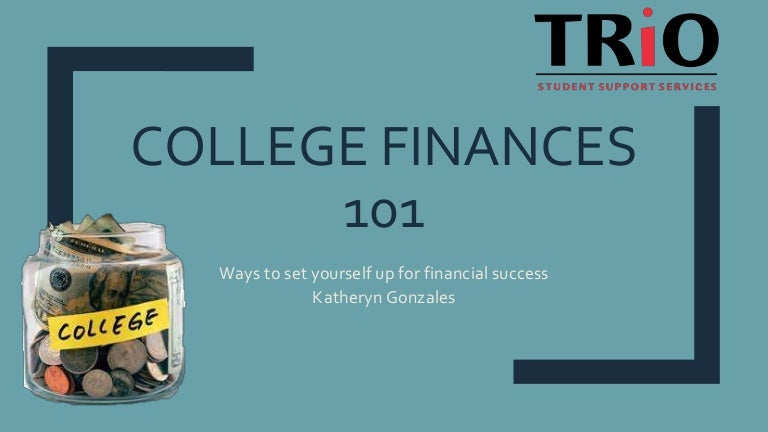

- #FINANCES 101 FULL#
- #FINANCES 101 VERIFICATION#
- #FINANCES 101 CODE#
- #FINANCES 101 SERIES#
Be sure to go straight to the source and ask your service providers for your most recent account statement to determine if you’re actually behind and by how much.īeing a victim of fraud can not only wreak havoc on your finances in the short-term, but scammers are capable of causing damage that can take years to recover from. If you receive a message about a missed or late payment that requires you to pay in the form of a gift card, money order, or wire transfer, you’re likely dealing with a scammer. Watch out for strange payment methods.

Your cellphone may also warn you ahead of time with a “scam likely” warning.
#FINANCES 101 CODE#
Scammers often call you from a phone number with your same area code to gain your trust and make themselves seem more legitimate. If you don’t recognize a number and aren’t expecting a phone call, you might want to avoid taking it. A quick search online could help you learn more about the company and catch any reviews about potential scams. Before you make a purchase or donation, do some research on the company first. Be sure to research companies, businesses, and charities before making purchases or donating.That way, even if scammers get their hands on one piece of your personal info, they’ll have to jump through a few more hoops to do anything with it.
#FINANCES 101 VERIFICATION#
This setting requires a user to provide more than one password or form of verification in order to log into your financial or personal accounts.
Enable multi-factor authentication (MFA) on all of your accounts. If you have questions, or are unsure if the message you’re receiving is real, contact the merchant directly through a verified contact number or email. Don’t interact with any of these phishing attempts. Scammers may try to gain access to your personal information by sending you links or attachments that ask you to submit additional personal information or claim a prize after you’ve made a purchase. Don’t click on any suspicious links, email attachments, or downloads. So, weve created a library of jargon-free 101-level educational content to help teens understand. While there’s no surefire way to prevent fraud, there are ways that you can better recognize scams and protect your personal information. A lifetime of smart money decisions starts with education. It makes it easier for them to impersonate their victims-and easier to trick their victims into unwittingly divulging personal information.” 5 tips for protecting your financial information from scammers “Fraudsters love the anonymity of digital interacting and transacting. “We like to think it could never be us, but the sad truth is that anyone can fall victim to identity fraud,” says Bradley. Phishing emails that may also contain a harmful links. Someone cold-calling you about a debt relief, foreclosure relief, or mortgage loan modification program. A debt collector asking for payment for a debt you do not recognize. Being contacted about a prize for a contest you didn’t enter, or an overdue payment for a bill you don’t recognize. Phone calls or text messages from someone posing as a representative from your financial institution, a government entity, a charity, etc. The Financial Basics e-learning videos: The knowledge you need to improve your money management skills. Remember that a financial plan is a living document, meaning it should be kept up to date. There are several types of credit products. If despite all these precautions you are taken in by a fraud the first thing to do is notify your financial institutions as soon as possible. It’s about real problems, and real solutions too. Small changes in your spending habits will result in big savings over time. 
#FINANCES 101 FULL#
It doesn’t have to hard, complicated or full of sacrifice. The first step on the path to financial success is understanding that you are in control of your financial future. The videos cover topics like.How do I prepare a budget?

These videos are engaging, easy to understand, and – best of all – it’s about something that really matters to people – money!
#FINANCES 101 SERIES#
Here’s an e-learning video series produced by Ryerson University and the Financial Consumer Agency of Canada, developed to enhance the Financial Basics workshop, or to be used by self-learners.








 0 kommentar(er)
0 kommentar(er)
